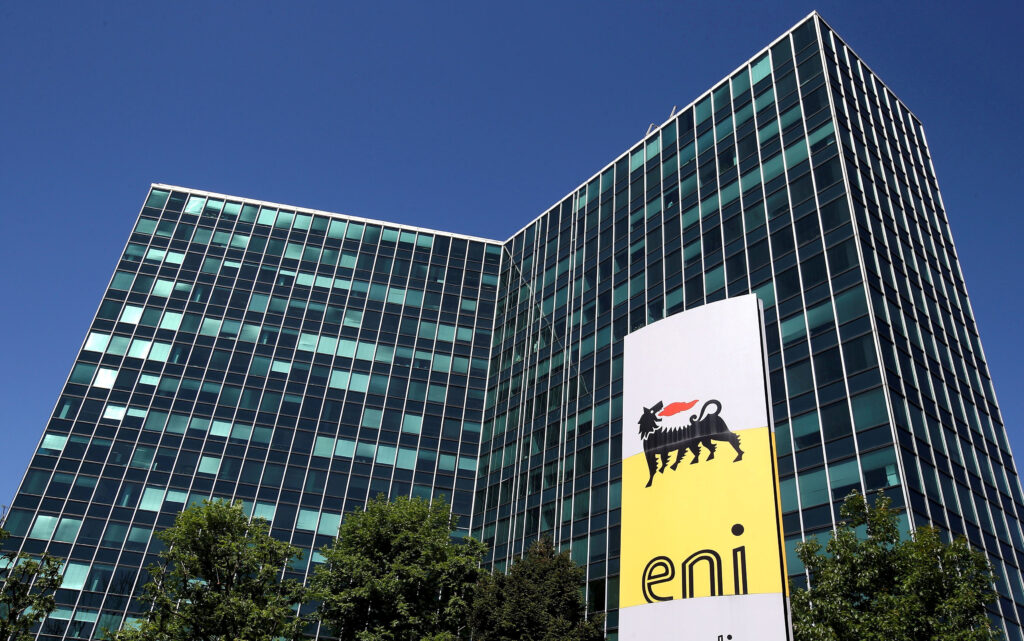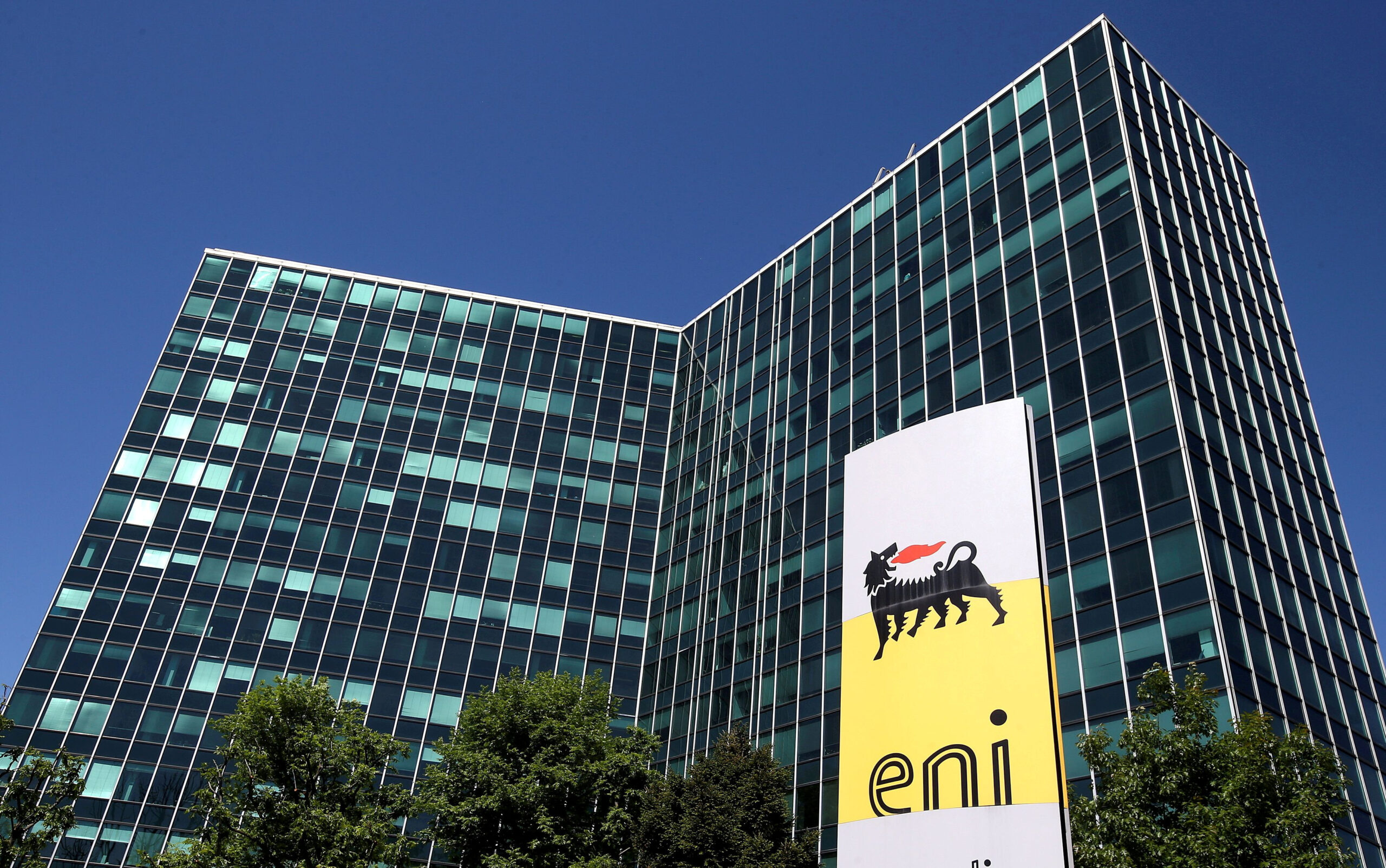
By Manuel Mucari
MAPUTO (Reuters) – Italian energy company Eni SpA is considering building a second floating platform to tap the vast gas reserves in Mozambique’s Rovuma Basin, an executive said on Thursday.
Eni is the operator of the Coral Sul floating liquified natural gas (LNG) project off the Mozambican coast, which started shipments to Europe last November. Eni’s partners in the project include Exxon Mobil, Galp Energia, China National Petroleum Corporation and Korea Gas Corporation.
Giorgio Vicini, general director of Eni Rovuma Basin, told a mining and energy conference in Mozambique that there was an opportunity to replicate the Coral Sul project with the development of another platform.
Read More: Mozambique submits report to exit grey list
“To do this, we have to act quickly, there are proven reserves, proven technology, a history of delivery achieved with Coral Sul and the (Mozambican) government has already demonstrated its commitment to supporting future developments”, Vicini said.
He added that Mozambique’s gas reserves could make a significant contribution to energy security in the European market.
“The export of liquefied natural gas takes place at a time when the energy paradigm in the world is changing towards a more sustainable and low-carbon future, and Mozambique represents a unique opportunity and will play a strategic role in satisfying the world’s energy needs,” Vicini said.
Read More: Mozambique prioritises regional energy security at Spring Meetings
Speaking at the same conference, Exxon Mobil Mozambique’s general manager, Arne Gibbs, said the size and quality of the country’s gas resources, as well as its location relative to European and Asian markets, made it competitive.
“Global LNG markets are changing. It’s just as important to be competitive from an emissions perspective as it is from a project economics perspective,” Gibbs said. “Because of the low native carbon dioxide and the quality of our gas, we are already in an extremely competitive position versus other LNG projects in the world.”




